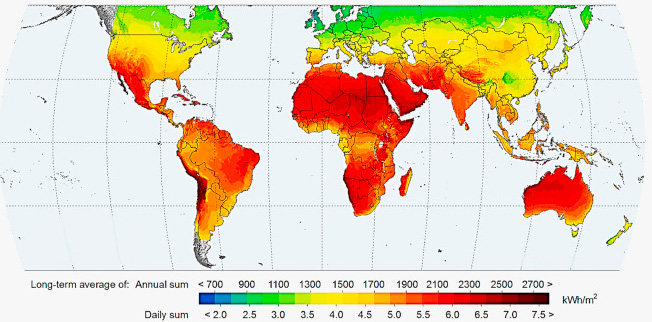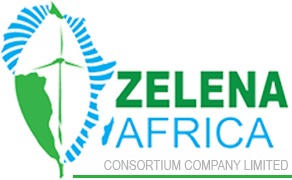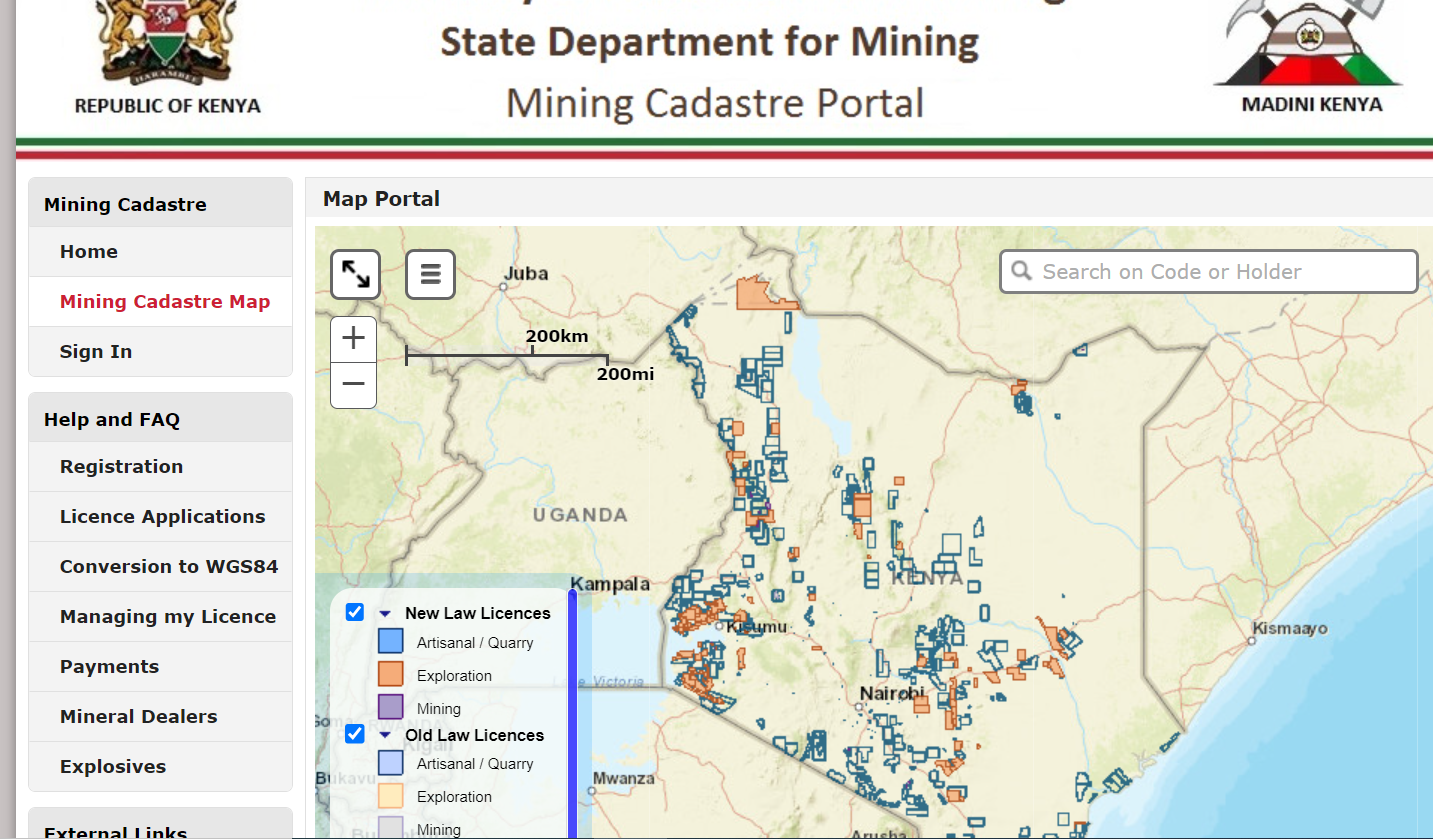
Africa has long been a continent of great potential, but also of great challenges. One of the biggest challenges facing the continent is energy poverty. Millions of people across Africa lack access to reliable electricity, which has profound implications for economic development, social well-being, and the environment. However, over the past decade, there has been a remarkable shift towards renewable energy, particularly solar power, which is transforming the energy landscape in Africa. In this article, we explore the growth of solar power in Africa, its benefits, and the challenges that still remain.
The Rise of Solar Power in Africa
For many years, the development of solar power in Africa was slow, mainly due to the high costs of equipment and installations, as well as the lack of government support. However, in recent years, there has been a significant increase in solar power installations across the continent, driven by declining costs, innovative business models, and growing public awareness of the benefits of renewable energy.
According to the International Energy Agency (IEA), the installed capacity of solar photovoltaic (PV) systems in Africa increased by more than 3 gigawatts (GW) between 2010 and 2019, with most of the growth occurring in South Africa, Egypt, and Morocco. In addition, there has been a proliferation of off-grid solar systems, which provide electricity to rural and remote communities that are not connected to the grid. The off-grid solar market in Africa grew by over 40% per year between 2014 and 2019, with over 4 million off-grid solar systems sold during that period.
Read how to install solar power in Kenya without initial payments
The Emergence of Solar EPC Companies in Africa
Solar EPC (Engineering, Procurement, and Construction) contractors play a crucial role in the deployment of solar panels in Africa. These contractors specialize in the installation and maintenance of solar panels, providing a turnkey solution for solar power projects. With the increasing demand for renewable energy, solar EPC contractors are becoming an essential part of Africa’s energy transition. They work closely with project developers, investors, and governments to ensure the successful implementation of solar power projects.
These contractors have expertise in designing and engineering solar systems, sourcing solar panels and components, and overseeing the installation and commissioning of the system. Their knowledge and experience in solar panel installation make them key players in promoting the adoption of solar panels in Africa. As solar panels in Africa become more popular, the demand for skilled and experienced solar EPC contractors will continue to grow.
The Benefits of Solar Power in Africa
The rise of solar power in Africa has numerous benefits, including:
- Increased Access to Electricity: Solar power provides a reliable and affordable source of electricity, particularly in remote and rural areas where grid connections are not feasible.
- Economic Development: The expansion of solar power in Africa is creating jobs, stimulating local economies, and attracting investment in the renewable energy sector.
- Environmental Protection: Solar energy is a clean and renewable source of energy that reduces greenhouse gas emissions and helps mitigate the impacts of climate change.
- Improved Health and Education: Reliable electricity access through solar power can improve healthcare outcomes, by powering medical equipment and refrigerating vaccines, and enhance education outcomes, by providing lighting for schools and powering computers.
Challenges and Solutions
Despite the many benefits of solar power in Africa, there are still significant challenges that must be overcome to ensure its continued growth and success. These challenges include:
- Lack of Infrastructure: The lack of energy infrastructure, such as transmission lines, storage facilities, and technical expertise, can hinder the deployment of solar power in Africa.
- Limited Financing: The high upfront costs of solar power installations can make it difficult for individuals and businesses to invest in solar power systems.
- Inadequate Policy Support: In many African countries, policies and regulations related to renewable energy are weak, inconsistent, or non-existent, which can discourage investment in solar power.
To address the problem of solar energy in Africa, various stakeholders are taking action to promote the growth of solar power in Africa. For instance, the African Development Bank (AfDB) has committed to investing $25 billion in renewable energy projects across the continent by 2025, with a focus on solar power. In addition, several initiatives are promoting the adoption of solar power, such as the Scaling Solar program, which provides a turnkey solution for governments to procure and implement solar power projects.
Conclusion
Solar power is emerging as a game-changer in Africa’s energy landscape, providing a reliable, affordable, and sustainable source of electricity to millions of people across the continent. The growth of solar power in Africa has numerous benefits, including improved access to electricity, economic development,





